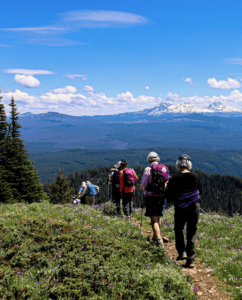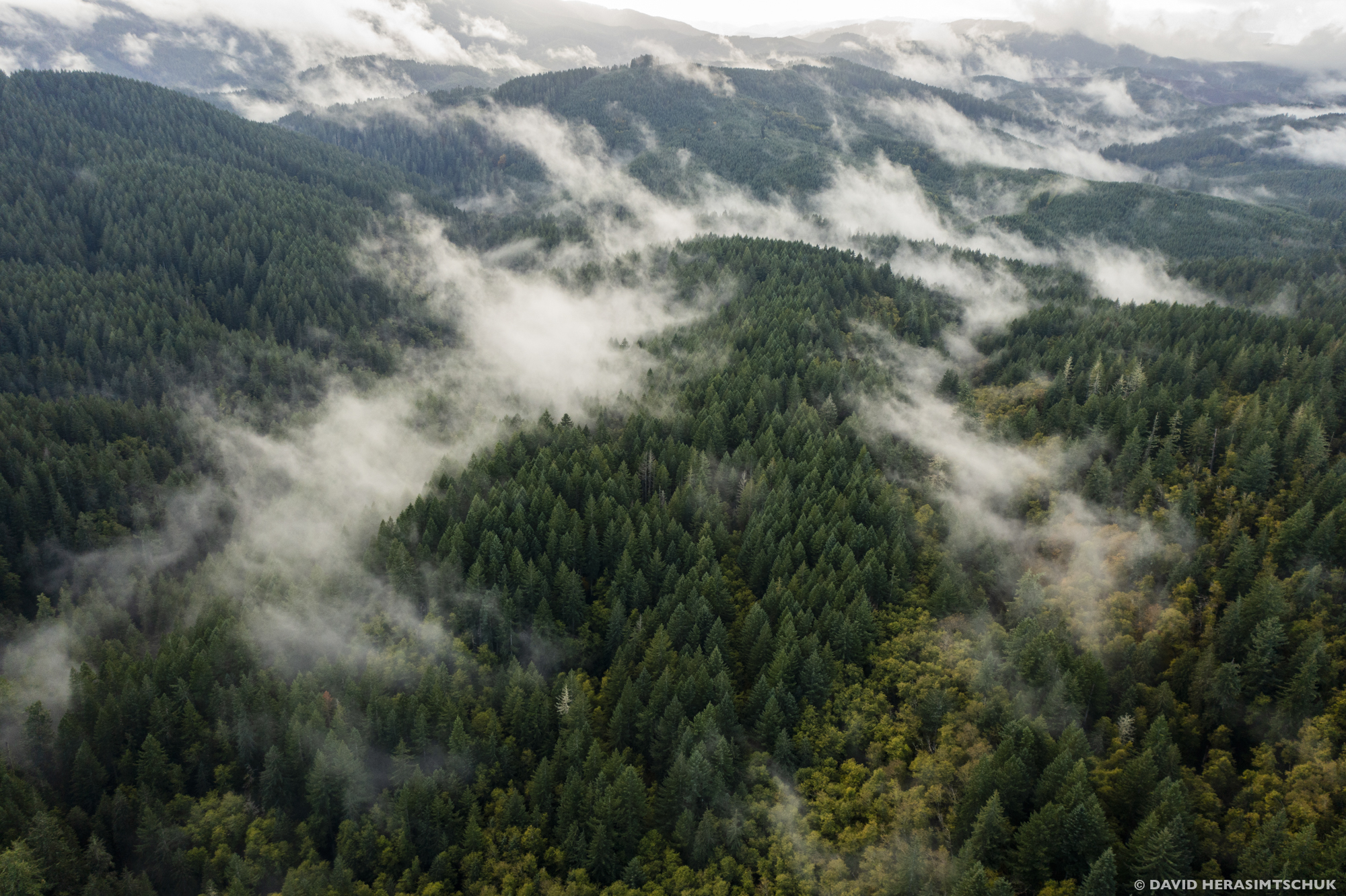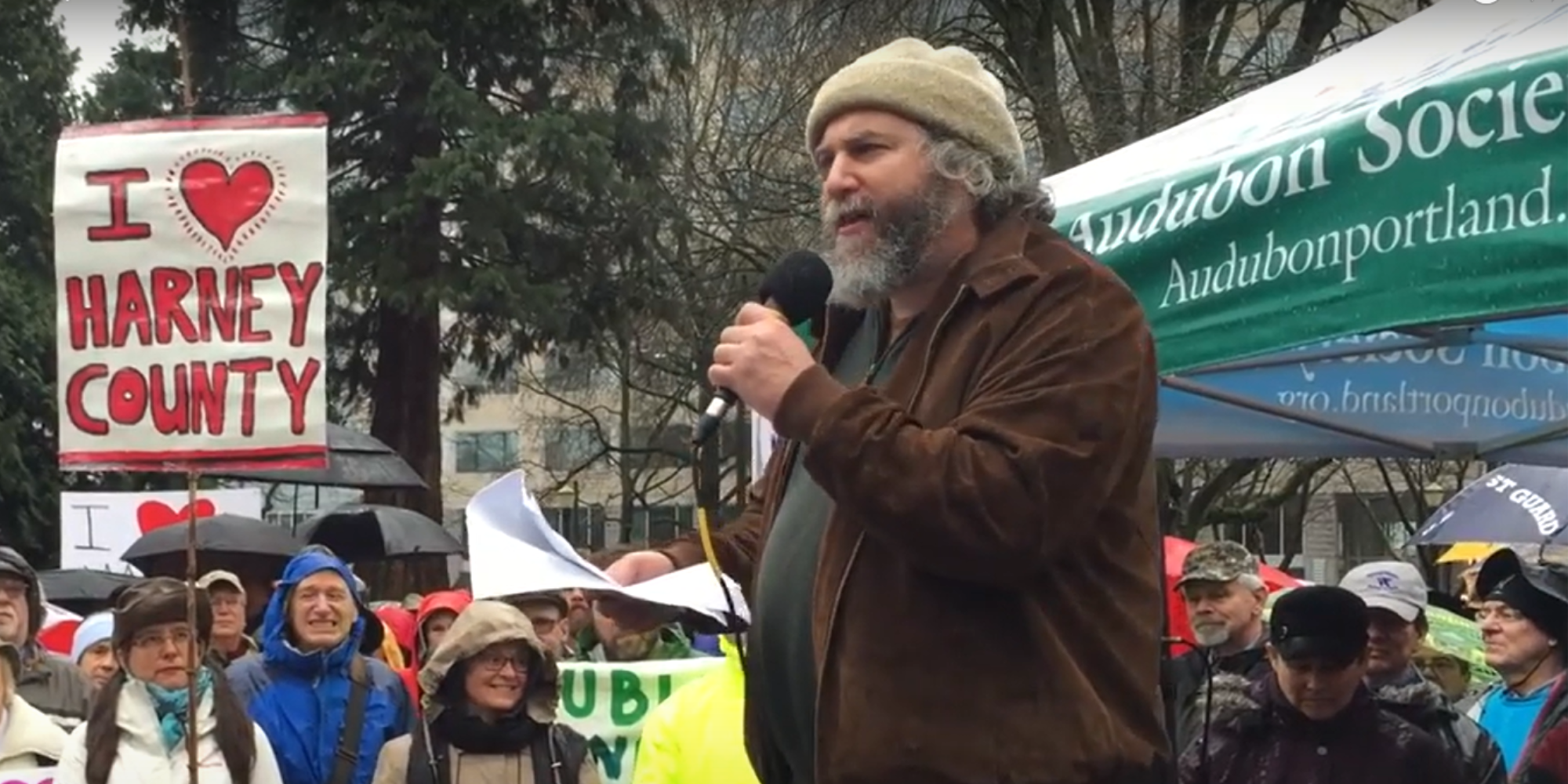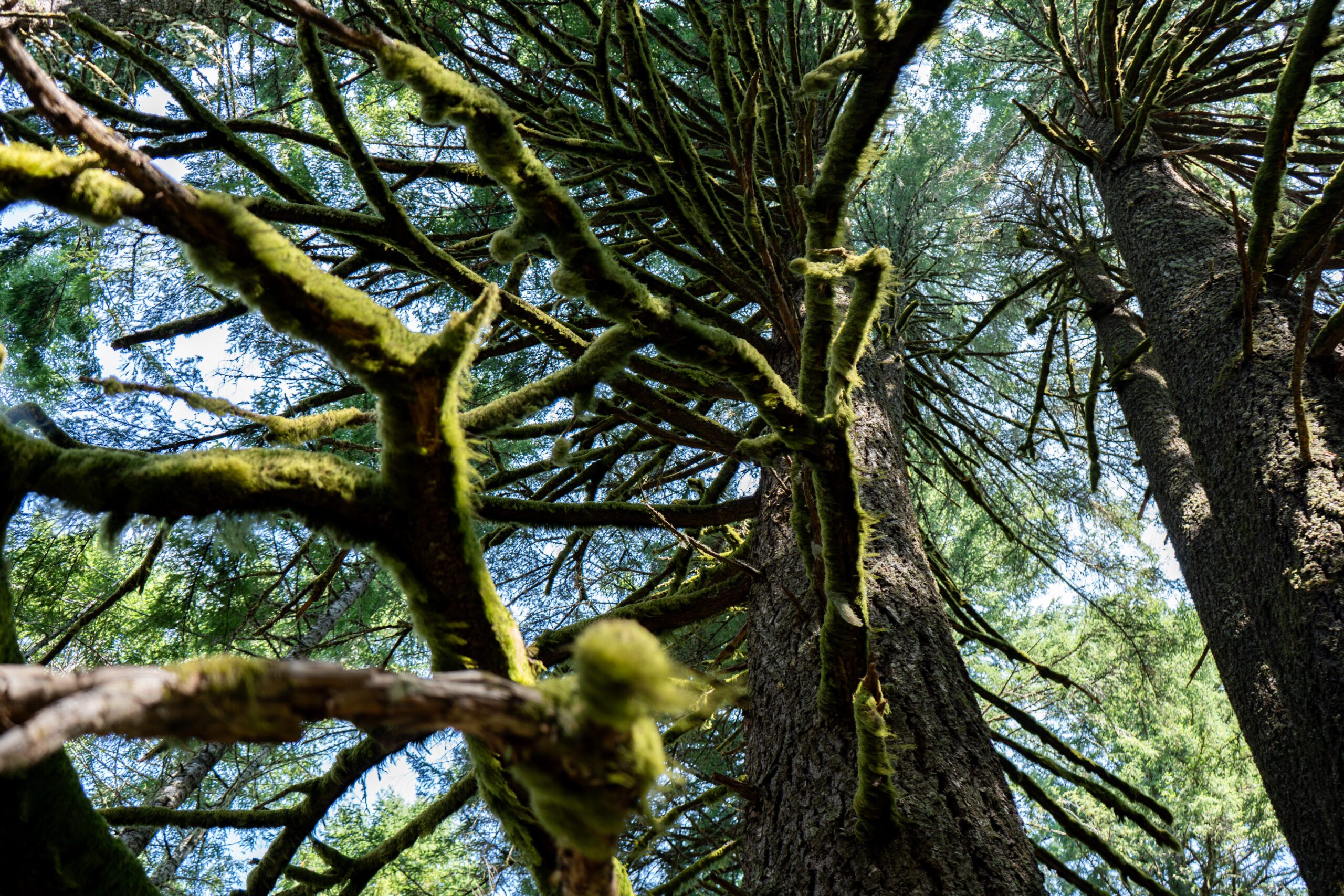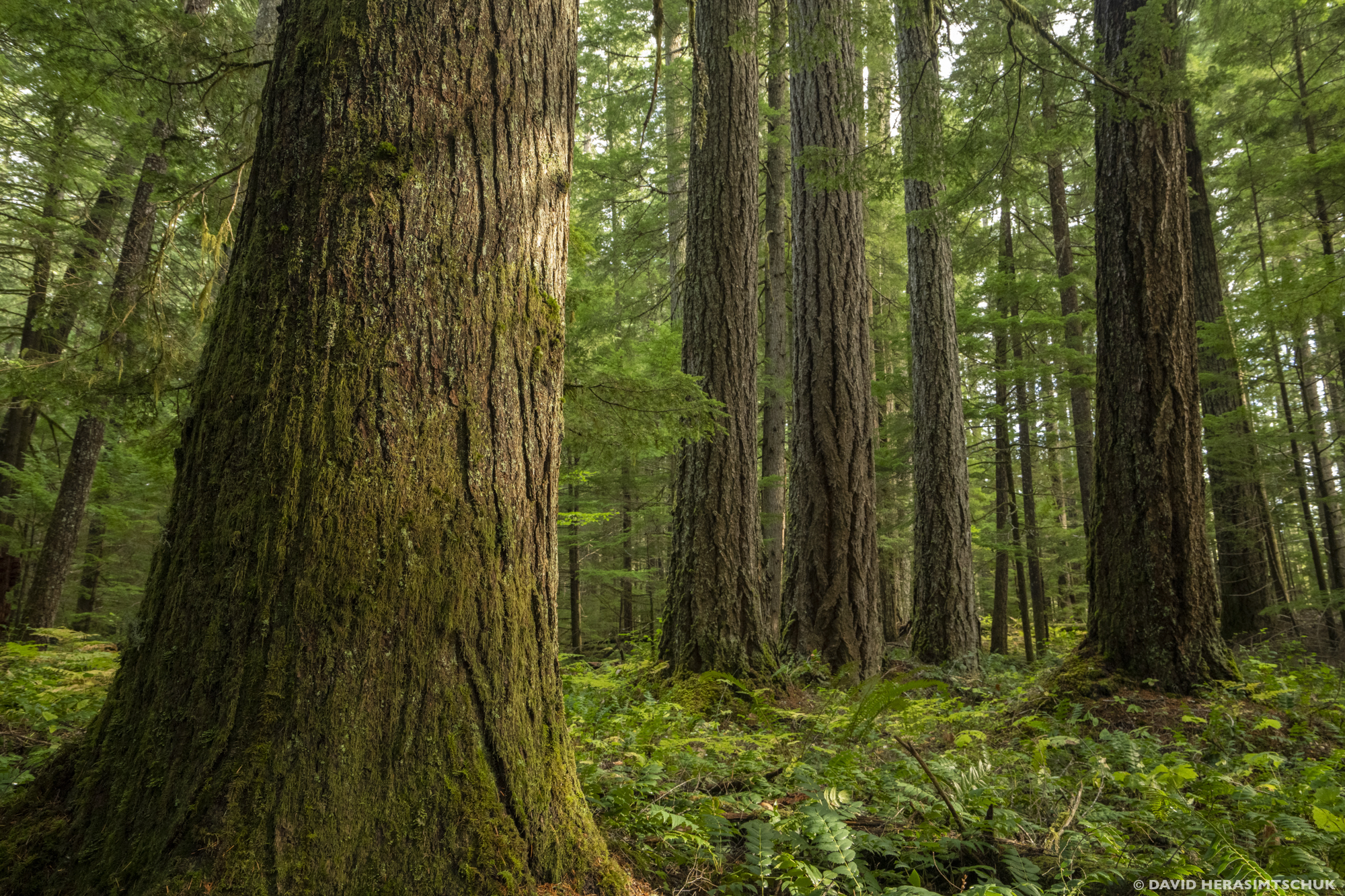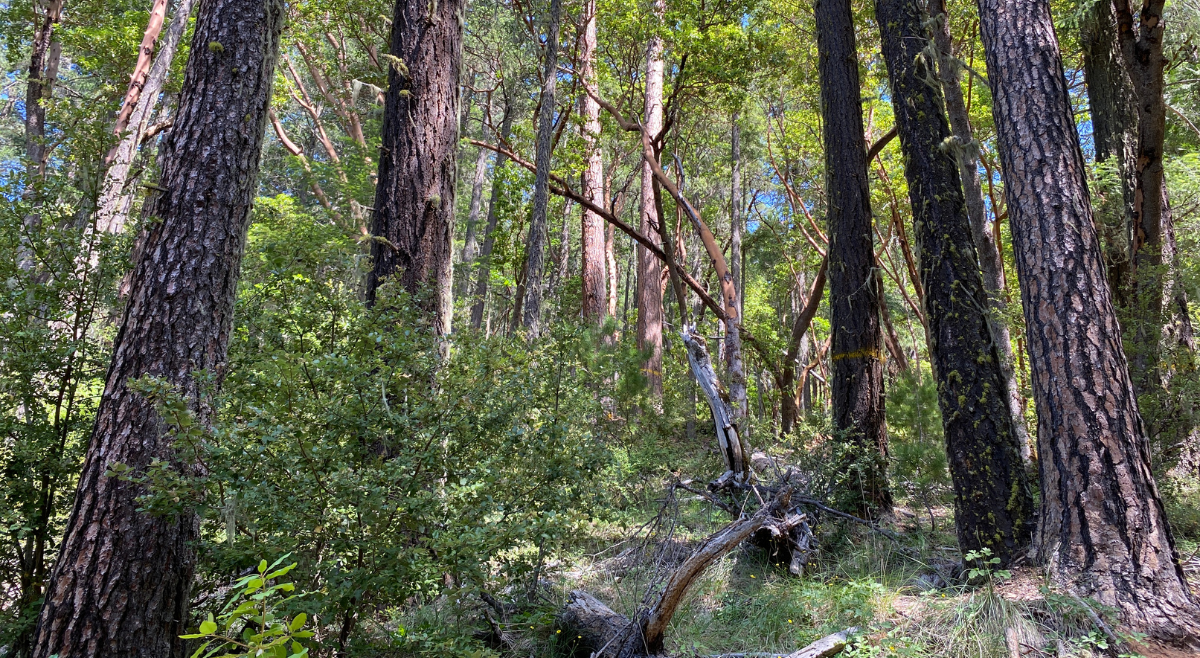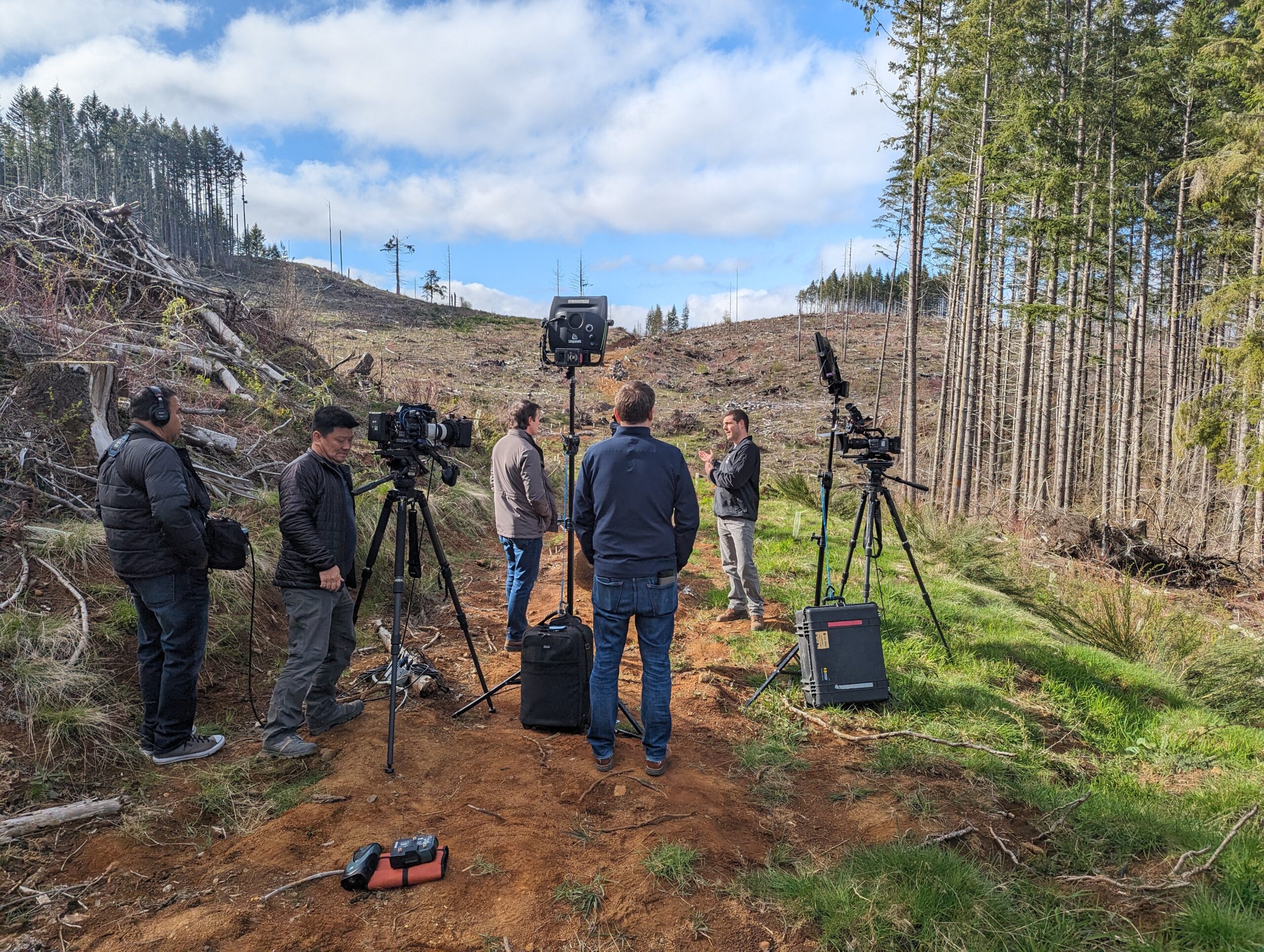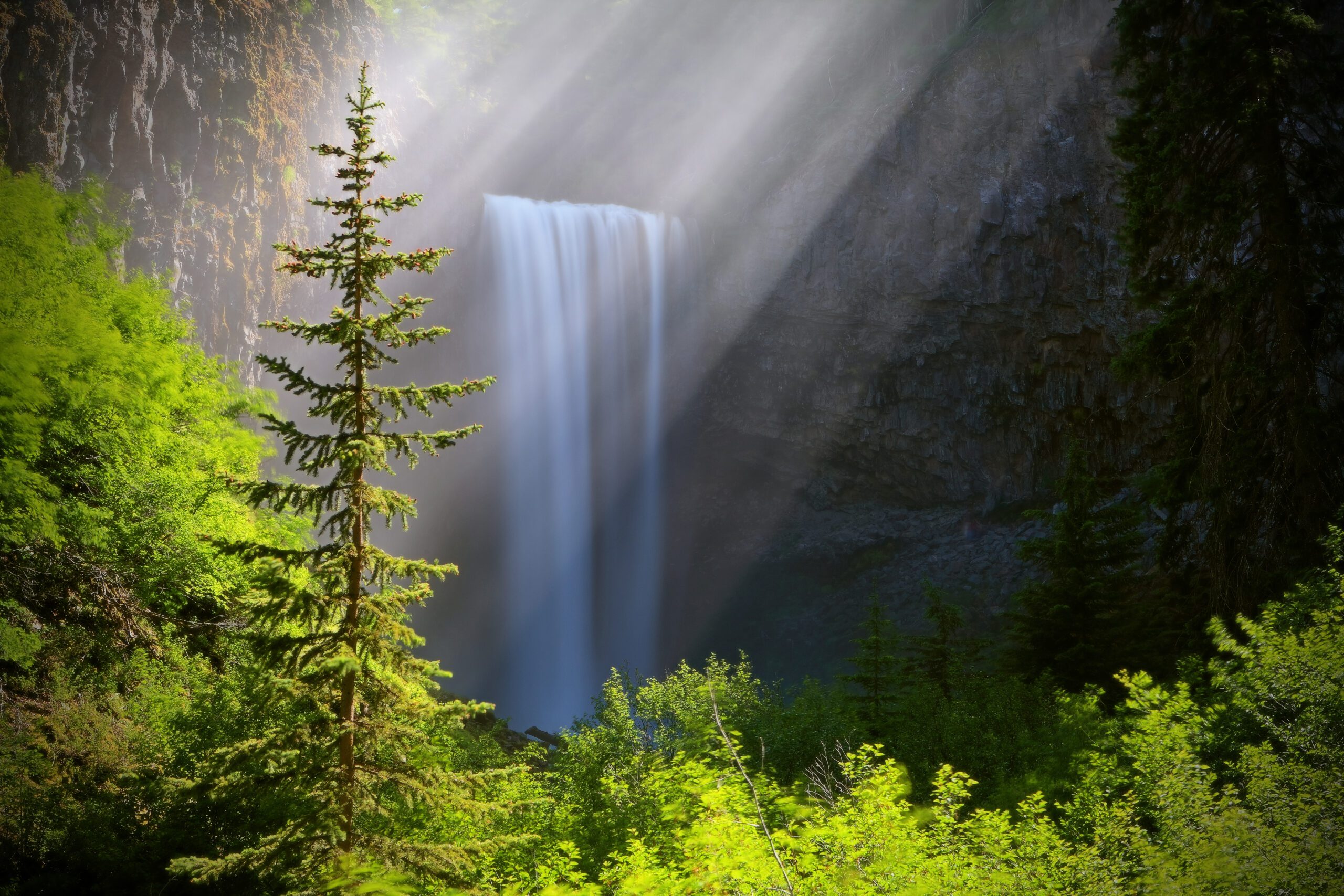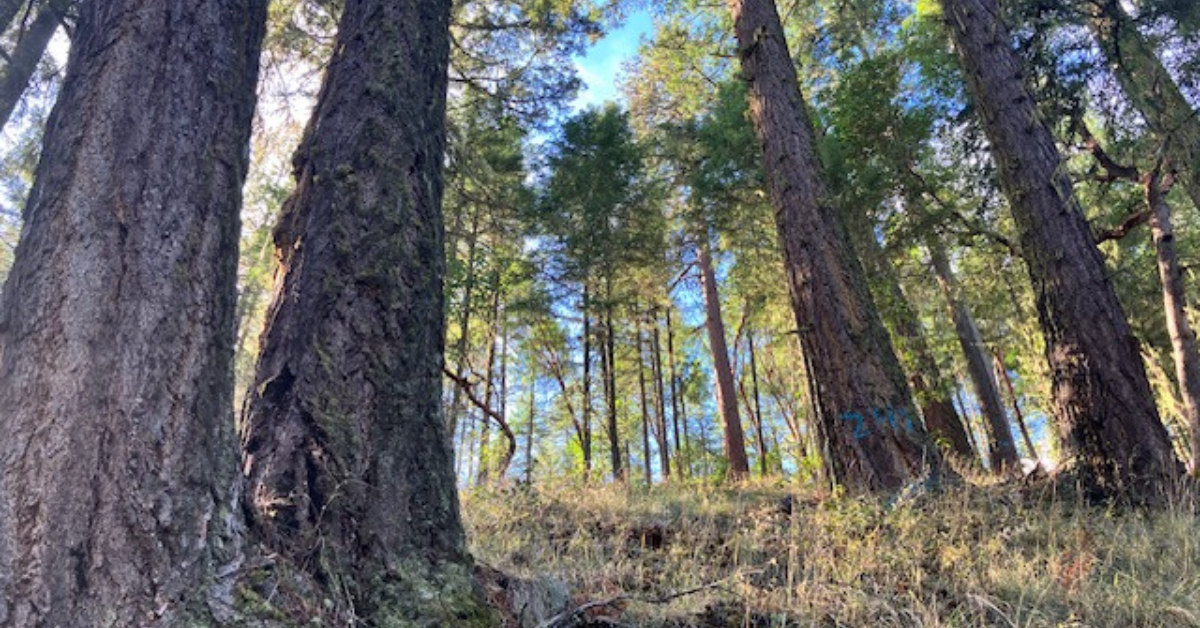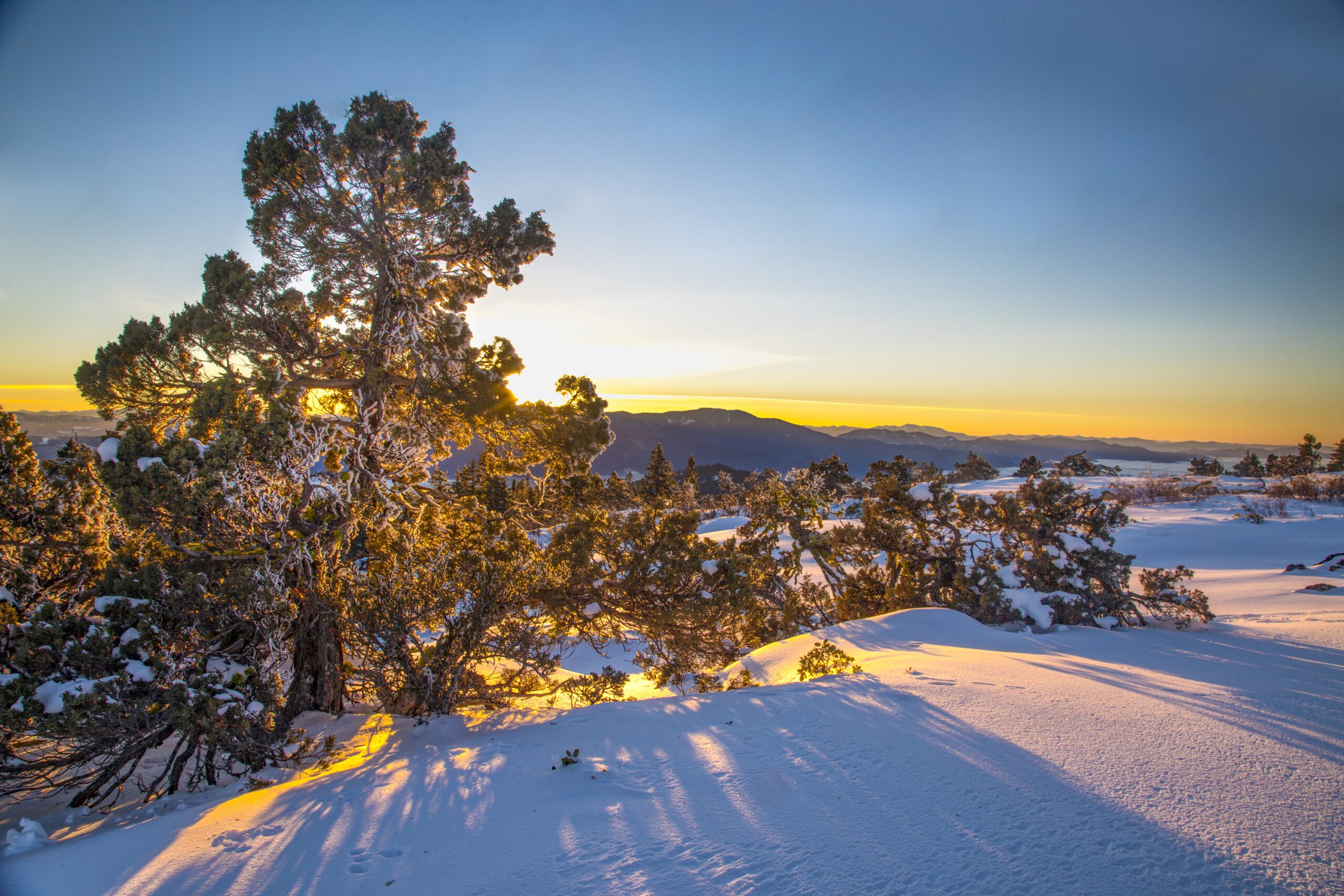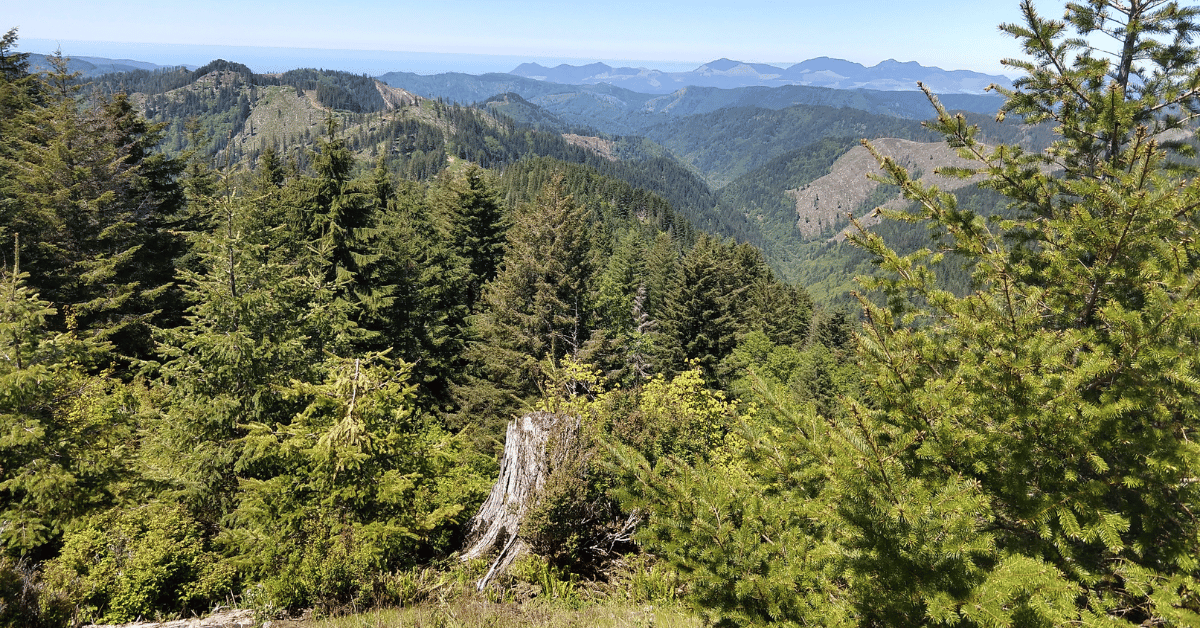Project will destroy habitat and increase fire hazard
| Contact: Steve Pedery, Conservation Director, Oregon Wild John Persell, Staff Attorney, Oregon Wild Ryan Talbott, Pacific Northwest Conservation Associate, WildEarth Guardians |
Portland, OR – On November 15th the Forest Service released a draft Environmental Impact Statement (DEIS) proposing sweeping amendments to the Northwest Forest Plan (NWFP). The proposed changes could double – and potentially even triple – logging levels across Pacific Northwest National Forests, remove protections for mature and old-growth forests, and diminish the plan’s foundational focus on wildlife and habitat conservation.
Conservation groups Oregon Wild, Bird Alliance of Oregon, Cascadia Wildlands, and WildEarth Guardians have developed an analysis of the proposal focusing on the Forest Service’s “Proposed Action.”
“For nearly 30 years, the Northwest Forest Plan has safeguarded our region’s iconic old-growth forests, clean water, and wildlife,” said Steve Pedery, Conservation Director for Oregon Wild. “The Forest Service’s proposed changes threaten to reverse decades of progress at a time when these protections are more critical than ever.”
“The Forest Service recently announced plans to substantially increase logging levels nationwide and the proposed changes to the Northwest Forest Plan are an unfortunate part of that misguided plan,” said Ryan Talbott, Pacific Northwest Conservation Advocate for WildEarth Guardians. “Weakening habitat and species protections in exchange for short-sighted increases in timber production targets is what led to the need for the Northwest Forest Plan in the first place. We should learn from that history, not repeat it.”
Background: A Conservation Landmark at Risk
Adopted in 1994, the NWFP was a groundbreaking response to unsustainable logging practices that decimated old-growth forests and triggered Endangered Species Act (ESA) listings for species like the coho salmon and northern spotted owl. The plan prioritized ecosystem recovery, emphasizing protections for mature (80+ years old) and old-growth forests.
Since its inception, the NWFP has successfully halted large-scale old-growth clearcutting, promoted wildlife recovery, and turned public forests into vital carbon sinks, offsetting climate change. For 30 years, forests, recreation areas, and rivers and streams that provide millions of Northwest residents with clean drinking water supplies have been protected from commercial logging under the plan, including beloved areas in the Willamette, Mount Hood, Olympic, and Mount Baker-Snoqualmie National Forests.
Now, under the DEIS, the Forest Service has introduced four alternatives, including a Proposed Action (Alternative B), which would:
- Redefine “mature” and “old-growth” forests by raising the age class of what qualifies for protection, weakening protections for trees up to 120 years old, and providing broad exceptions for logging in centuries-old forests.
- Increase aggressive logging on non-reserve lands
- Allow logging in Late-Successional Reserves (LSRs)—a cornerstone of the NWFP—for purposes beyond old-growth restoration.
- Expand logging in dry forests, targeting over 964,000 acres in just 15 years. This proposed aggressive logging in older, fire-resistant forests are likely to increase the frequency and severity of wildfires in the coming decades.
“Under these changes, hundreds of thousands of acres of mature and old-growth forests would be opened to logging, undermining their ecological and climate benefits,” said John Persell, Staff Attorney with Oregon Wild.
Concerning Increase in Logging
The DEIS projects that timber harvests under Alternatives B and D could exceed one billion board feet annually, more than doubling 2023 logging levels and tripling the most recent 10-year average. These vastly expanded logging levels would occur on fewer acres than initially covered by the 1994 NWFP, magnifying ecological damage and habitat loss.
“The Forest Service seems more focused on boosting timber quotas than on upholding its legal obligation to protect salmon and wildlife, mature and old-growth forests, and clean water,” said Persell.
Encouraging Steps on Tribal Inclusion
Conservation groups applaud positive proposals in the DEIS, particularly efforts to better engage with Native American Tribes through consultation, co-stewardship agreements, and the integration of Traditional Ecological Knowledge and prescribed fire into Forest Service management practices. Provisions to restore culturally significant species such as camas, huckleberries, and beargrass are a step in the right direction.
“These steps toward meaningful Tribal engagement and co-stewardship are commendable and long overdue,” said Pedery. “It is frustrating that the Forest Service has paired these potential improvements with the agency’s plans to weaken protections for wildlife and mature and old-growth forest habitat embedded in the same plan.”
A Call for Public Scrutiny
The Forest Service’s timeline ensures the final decision will be made after the next Presidential administration takes office, raising concerns that the Forest Service proposal, which already contains significant weakening of environmental protections under the NWFP, could be eroded even further.
“Oregonians and all Americans who care about wildlife, clean water, and climate resilience should be deeply concerned,” said Pedery. “Over the coming year, it will be more important than ever to rally vocal support for the protection of mature and old-growth forests and expose the cynicism and recklessness embedded in this Forest Service proposal.”
Photo Credits: David Herasimtschuk. The Siuslaw National Forest.


